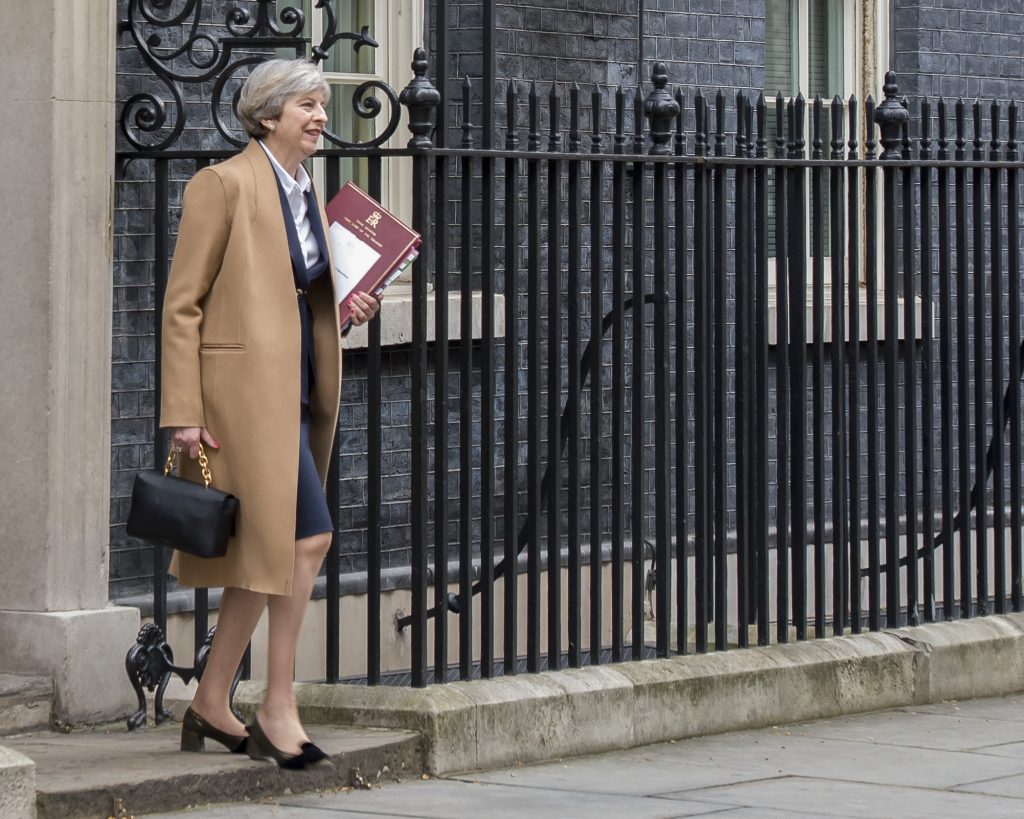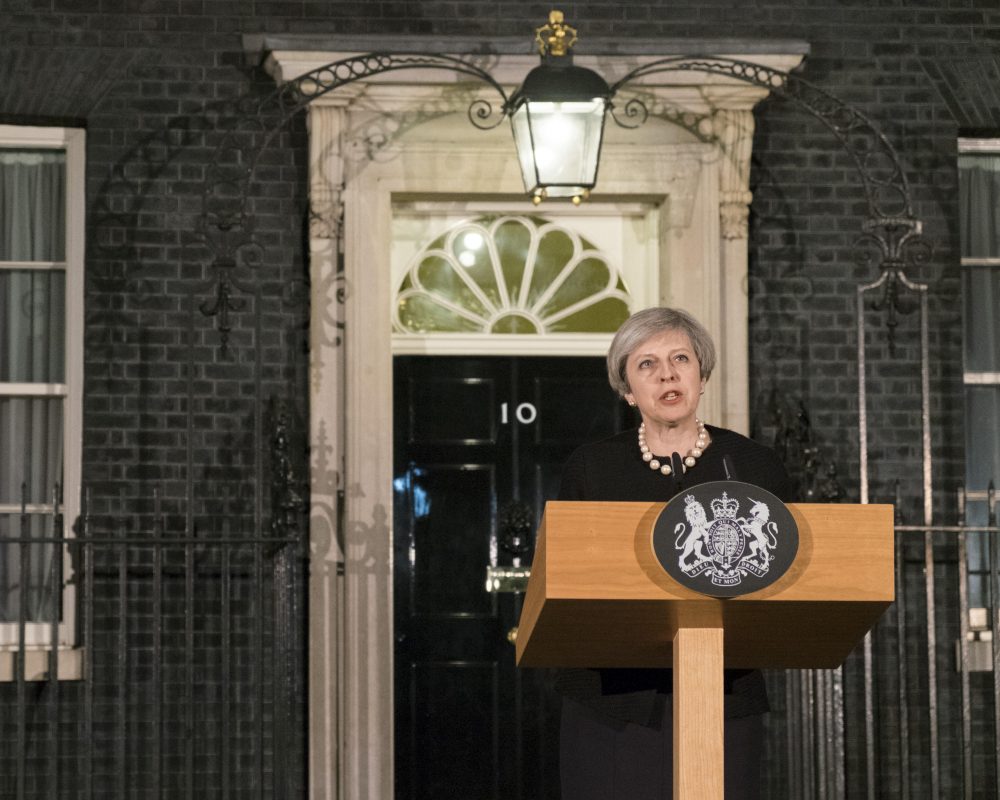Following her failure to obtain a Conservative majority in the House of Commons, Theresa May has reportedly backtracked on attempts to lower human rights protection.
Late in the election campaign, she had promised to combat any human rights laws that stood in the way of tackling terrorism, in the wake of attacks in both London Bridge and Manchester.
Speaking to reporters she added: “If our human rights laws stop us from doing it, we’ll change the laws so we can do it.” However, the move drew widespread criticism from both Labour, the Liberal Democrats and Human Rights advocates.
Criticism From Other Parties
.@timfarron tells ITV News that changing human rights law would be letting ‘terrorists win’ https://t.co/xTqvtMN7Bn #GE2017 pic.twitter.com/JOAHuBWPn5
— ITV News (@itvnews) June 7, 2017
Speaking at the time, Liberal Democrat leader Tim Farron said that changing human rights laws would be letting ‘terrorists win’, with Labour’s Keir Starmer adding there was nothing in the Human Rights Act “that gets in the way of effectively tackling terrorism“.
Some prominent Conservatives did back the move though, with Boris Johnson, the Secretary of State for Foreign and Commonwealth Affairs, re-tweeting the PM’s announcements. Former Cabinet member Michael Gove also praised Mrs May for her “resolution in the face of the threat” in a article for the Telegraph.
Now though, sources say she’s been forced to backtrack on the plans after failing to win a majority – instead being forced to consider a coalition with the Democratic Unionist Party.
Unclear Plans on What Was to Come

Image: Number 10 / Flickr
It is unclear what the Prime Minister had in mind when she originally made these comments, with sceptics wondering what human rights in particular she intended to curb. Many speculated she would be looking to ‘derogate’ from the Human Rights Convention, rather than leave it all together. In other words, this means a narrow opt-out in times of emergency.
Owing to her weakened position in the Commons, however, it seems as though the issue has been sidelined, much like previous plans to abandon the Human Rights Convention as a whole.
While it is likely that the Prime Minister’s views on human rights have not changed, once again they will most likely remain unaffected for now as she seeks to solidify her party’s position following the election result.
Want to know more about this kind of stuff?
- Take a look at the fundamental freedoms the Human Rights Convention protects
- Read our piece on what derogation from the convention actually means
- Read our piece on the winners and losers of the election
Subscribe to RightsInfo and follow us on Facebook and Twitter for more human rights news, views and information.







